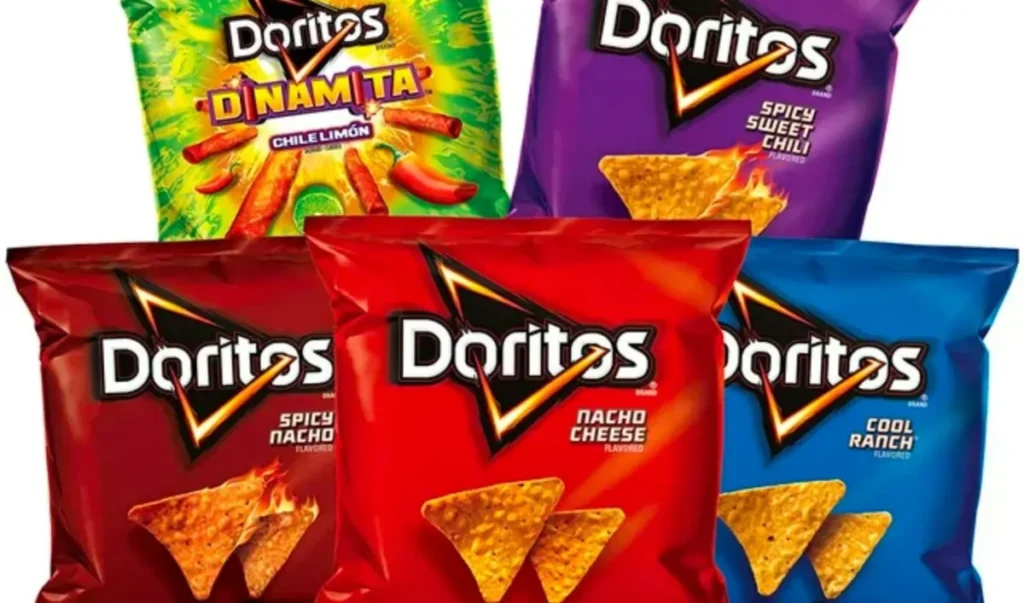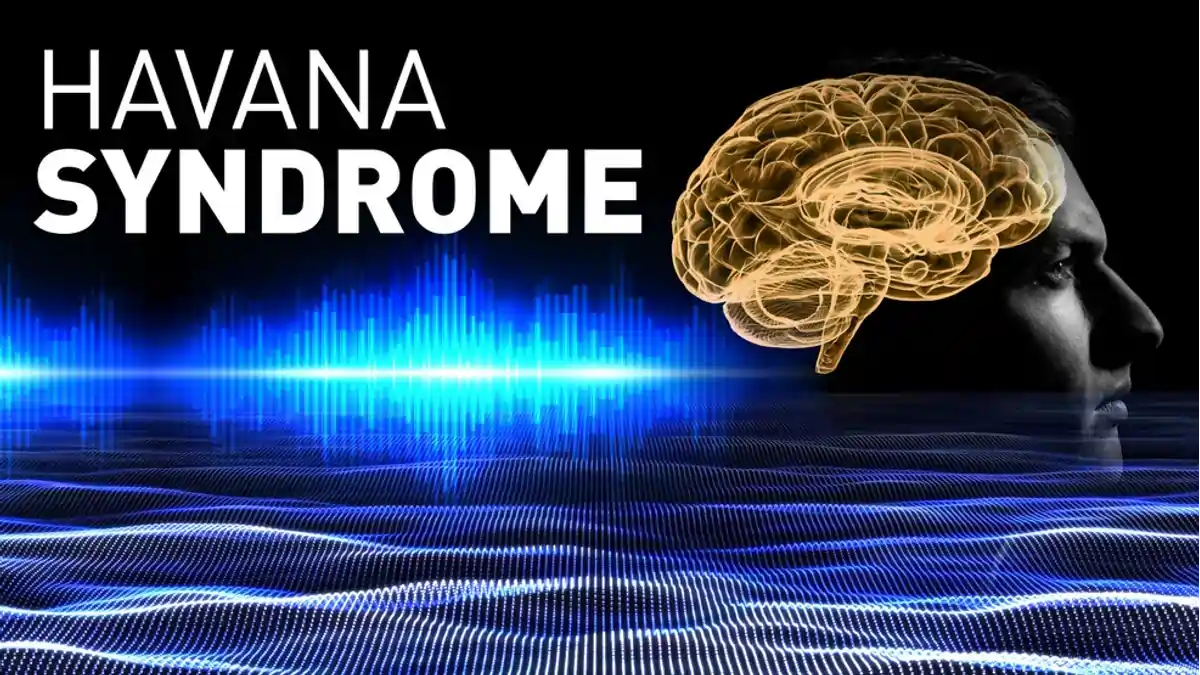Have you ever found yourself mindlessly munching on potato chips, only to realize you’ve devoured the entire bag without feeling truly satisfied? Welcome to the intriguing concept of the “Dorito theory” that’s been making waves across social media platforms like TikTok. But what exactly is this theory, and could it hold the key to explaining some of your most stubborn habits?
Table of Contents
Exploring the Dorito Theory:
You take a bite of that perfectly seasoned chip, and for a fleeting moment, it’s pure bliss. However, once the crunch fades and the flavor dissipates, you’re left craving another chip to recapture that initial sensation. This is the essence of the Dorito theory – the idea that experiences lacking true satisfaction are inherently addictive.
According to the theory, the peak of enjoyment occurs during the experience itself, with little to no lingering fulfillment afterward. This phenomenon extends beyond snacking habits to encompass various aspects of our lives, from mindlessly scrolling through social media feeds to engaging in toxic relationship patterns.
Understanding the Impact of Dorito theory:
While the Dorito theory may seem novel, its implications are profound. Psychologists suggest that the absence of genuine satisfaction can trap individuals in unfulfilling circumstances, leading to a cycle of craving and temporary gratification. This perpetual quest for instant pleasure can blur our perception, making it difficult to recognize unhealthy behaviors and relationships for what they truly are.
Get rid of the habit:
Awareness serves as the first step towards liberation from the clutches of the Dorito effect. However, breaking free from ingrained habits requires more than just recognition – it demands proactive steps towards reconfiguring our neural pathways.

For those struggling with entrenched patterns, a combination of mindfulness practices, such as yoga and meditation, coupled with therapeutic interventions, can help rewire the brain’s response to stimuli. By fostering new associations between genuine satisfaction and healthier alternatives, individuals can gradually overcome their dependence on fleeting pleasures.
Conclusion:
Whether it’s reaching for another Dorito or perpetuating toxic relationship dynamics, the Dorito theory invites us to pause and reflect on our behaviors. By acknowledging the transient nature of instant gratification and prioritizing long-term fulfillment, we can break free from the cycle of craving and embrace a more nourishing way of living.
So, before you take your next bite – whether literal or metaphorical – consider the true satisfaction it brings and the lasting impact it may have on your well-being.
Stay tuned for more exciting stories and subscribe to the USA Mirror newsletter to stay updated. Thank you so much for reading. We appreciate you valuable time.
FAQ
How do I know if I’m experiencing the Dorito effect in my life?
If you find yourself repeatedly engaging in behaviors or habits that provide temporary satisfaction but ultimately leave you feeling unfulfilled or craving more, you may be experiencing the Dorito effect. Look for patterns of instant gratification without lasting contentment.
Can the Dorito theory apply to relationships as well?
Yes, absolutely. The Dorito theory can extend to various aspects of life, including relationships. If you consistently find yourself in relationships that offer fleeting moments of excitement but lack long-term fulfillment or emotional nourishment, it’s worth examining whether you’re caught in a cycle of craving temporary highs.
How can I break free from the Dorito effect and cultivate genuine satisfaction?
Breaking free from the Dorito effect involves increasing self-awareness and consciously redirecting your focus towards activities and relationships that bring lasting fulfillment. Practicing mindfulness, seeking therapy, and prioritizing meaningful connections can help rewire your brain’s reward system and promote healthier habits.
Is it possible to enjoy instant gratification without falling into the trap of the Dorito effect?
While instant gratification can be enjoyable in moderation, the key lies in balancing it with activities and relationships that offer deeper, more enduring satisfaction. By consciously choosing to engage in a diverse range of experiences and prioritizing long-term well-being, you can minimize the risk of succumbing to the allure of fleeting pleasures.
Can the Dorito effect have long-term consequences on mental health?
Yes, prolonged dependence on the Dorito effect can potentially contribute to feelings of emptiness, dissatisfaction, and even exacerbate mental health issues such as anxiety and depression. It’s essential to recognize the impact of transient gratification on overall well-being and take proactive steps towards cultivating a more fulfilling lifestyle.




